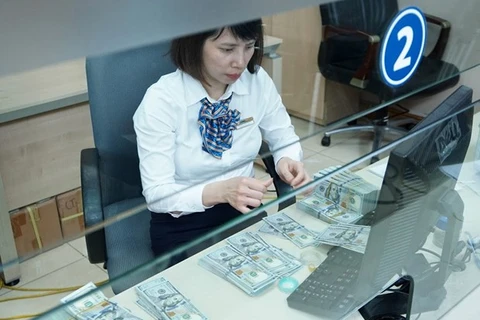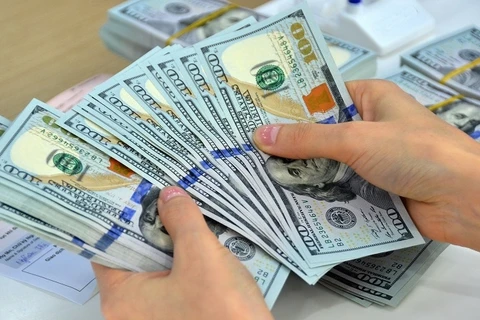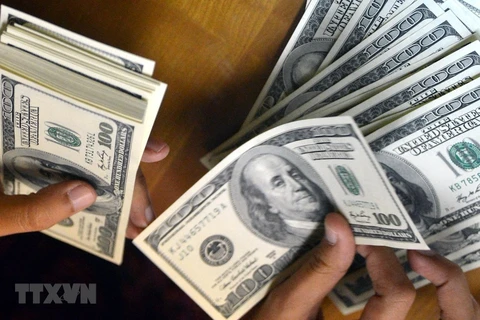HCM City (VNA) – Despite negative impacts of the COVID-19 pandemic, remittances Ho Chi Minh City received through commercial banks and economic organisations are forecast to reach 5.5 billion USD this year, a slight increase from 2019.
In the first ten months, the figure was 4.7 billion USD. Some local commercial banks even posted an annual surge in their remittances.
Deputy General Director of Sacombank Nguyen Minh Tam said the remittances sent home via his bank in 2020 are likely to triple the figure for 2019.
He attributed the soaring number to Sacombank’s application of its API online payment method, which has facilitated its Vietnamese expatriate and guest worker customers amid the pandemic.
Their incomes have been affected by COVID-19, but the amount of their foreign currencies channeled into Vietnam has gone up significantly thank to online transactions, Tam said.
However, in a broader scale, negative impact of the pandemic on the flow of remittances to Vietnam this year are unavoidable.
The World Bank has projected that remittances to the country might drop by over 7 percent to 15.7 billion USD this year, the first reduction since 2010. In spite of that, in a report by the bank, Vietnam still ranked third in East Asia and Pacific regions in terms of remittance volume, only after China and the Philippines.
Can Van Luc, a banking and finance expert, said Vietnam has carried out good COVID-19 prevention and control work, adding that the over-7-percent decrease can be considered a success given the complicated COVID-19 developments worldwide. Remittances to the Asia-Pacific region, which has a large number of people working overseas, are forecast to go down by more than 10 percent this year, according to Luc./.
VNA
























